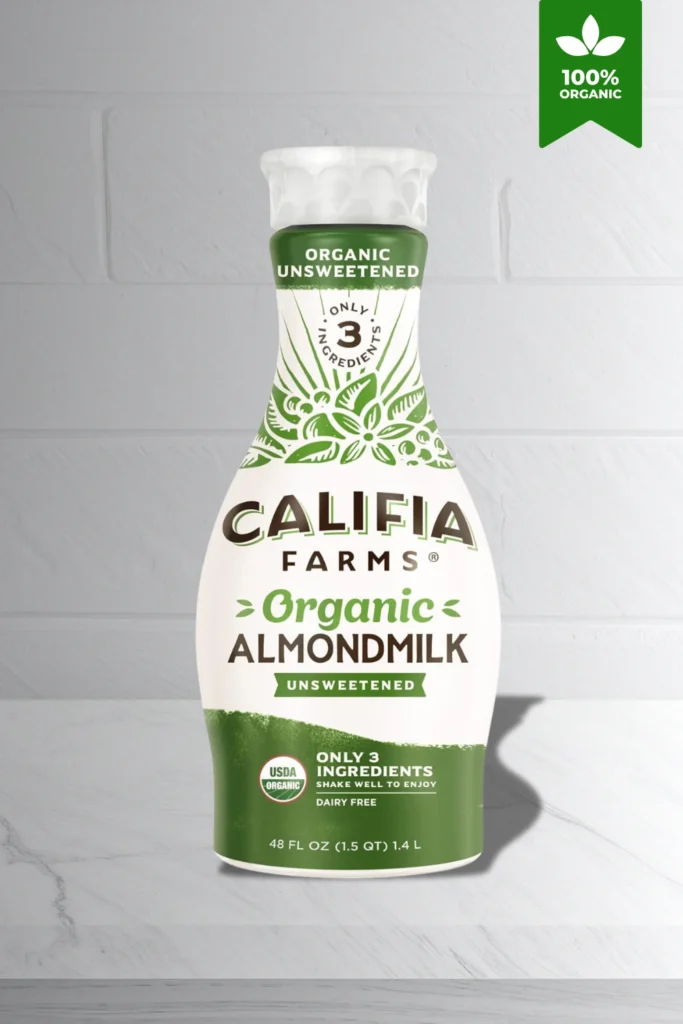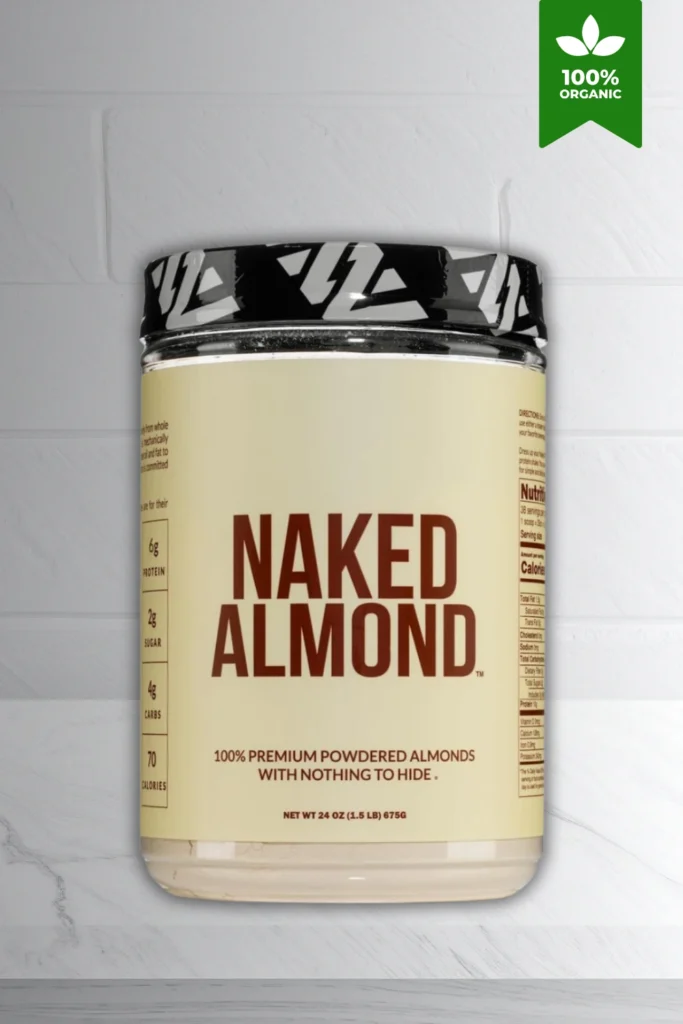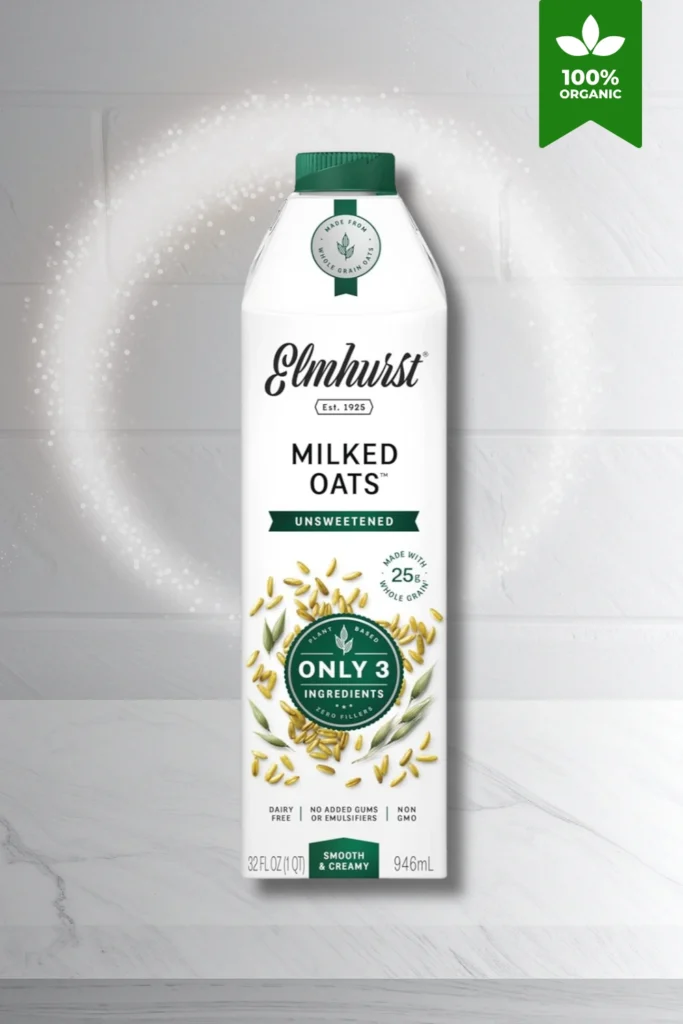What are emulsifiers, exactly?
The short answer: Some emulsifiers—ingredients added to keep oil and water mixed in foods like ice cream, creamy dressings, plant milks, and packaged baked goods—may change the gut microbiome and thin the protective mucus layer in animal models. Early human trials show microbiome shifts and mild GI symptoms with certain emulsifiers, but the research is still evolving. Reducing ultra-processed foods and reading labels is a sensible, low-risk step—especially if you have IBS/IBD or sensitive digestion.
In animal studies, certain emulsifiers (notably CMC and P80) can alter gut microbial composition, thin the mucus layer, and increase intestinal permeability—mechanisms linked to inflammation and metabolic dysregulation. While animals aren’t humans, these consistent mechanisms explain why researchers are testing emulsifiers in controlled human trials.
What do human studies show so far?
A double-blind, randomized controlled-feeding trial found that consuming CMC for two weeks reduced microbial diversity and altered the gut metabolome; some participants reported increased post-meal discomfort. Importantly, this trial standardized diets—so the signal likely came from CMC itself, not other variables.
Newer work suggests responses vary by person your baseline microbiome may determine whether you mount an inflammatory response to CMC (i.e., individualized susceptibility). This helps explain why some people feel fine while others notice bloating or urgency with certain packaged foods.
Observational cohort research also links higher emulsifier intake particularly celluloses and mono-diglycerides with increased cardiovascular risk over time. While such studies can’t prove cause and effect, they reinforce a precautionary, “less is better” approach to ultra-processed foods.
Should everyone avoid emulsifiers?
Not necessarily. Safety approvals consider toxicity at typical intakes, and not all emulsifiers behave identically. But if you have IBD/IBS or ongoing GI symptoms, a trial reduction—especially of CMC and P80—is reasonable under dietitian or clinician guidance. Some expert groups even suggest minimizing ultra-processed foods and CMC in high-risk IBD contexts (evidence still emerging).

Practical label-reading: what to look for
You don’t need a chemistry degree—scan ingredient lists for these frequent flyers:
- Carboxymethylcellulose (CMC), cellulose gum, E466
- Polysorbate-80 (P80), sometimes Polysorbate-60
- Mono- and diglycerides (E471/E472)
- Sodium stearoyl lactylate (SSL)
- Lecithin (often from soy or sunflower)
Context matters: a once-in-a-while treat is different from daily exposure across multiple foods. Consider your total pattern.
Smart, low-friction swaps (without giving up flavor)
- Creaminess: Try Greek yogurt, tahini, avocado, or nut butters in dressings/sauces instead of emulsifier-heavy bottled versions.
- Spreads & dips: Choose single-digit ingredient brands; make quick blender hummus.
- Plant milks: Look for short-list or “no gums/emulsifiers” varieties.
- Frozen desserts: Seek brands with simple bases (milk, cream, sugar, eggs) or make easy banana-based “nice cream.”
- Baked goods: Sourdough, simple-ingredient breads, or weekend batch-baking with olive oil.
A balanced bottom line
Emulsifiers are useful for food texture and shelf life. Still, preclinical and early human evidence—especially for CMC and P80—suggests potential downsides for microbiome diversity, barrier integrity, and possibly long-term cardiometabolic risk when intakes are high across a modern diet. You don’t have to live label-paranoid; just upgrade your defaults: fewer ultra-processed staples, more whole-food creams and thickeners, and simple-ingredient brands. Track how you feel for 2–4 weeks and adjust. If symptoms persist, loop in a registered dietitian or your healthcare provider.
Who might benefit most from cutting back?
- People with IBS or IBD, those with post-infectious gut sensitivity, or anyone noticing bloating/loose stools after emulsifier-rich foods.
- Individuals focused on cardiometabolic health, where limiting ultra-processed foods generally improves diet quality (fiber, polyphenols, nutrient density)







